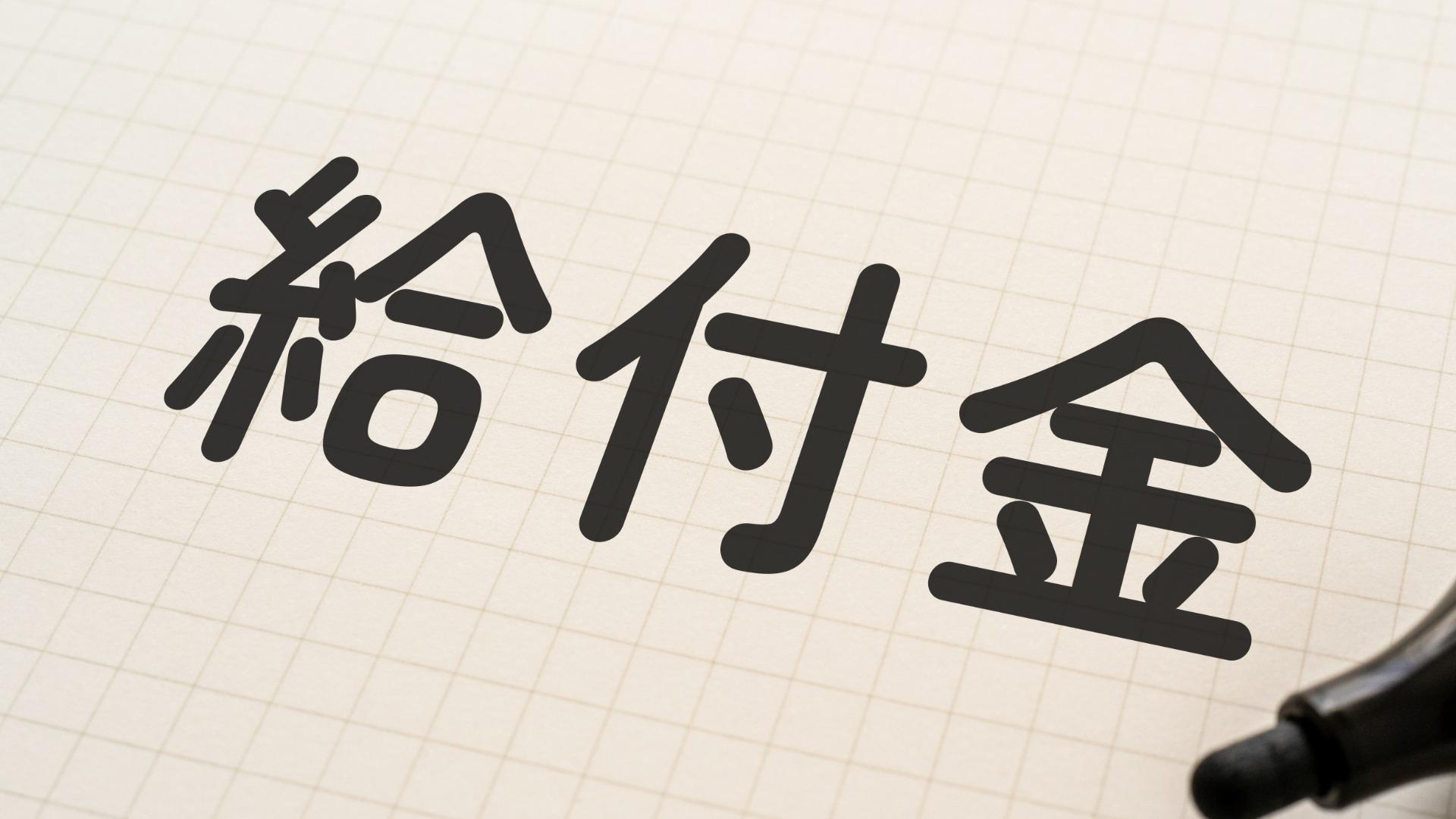The Japanese Government's policy to provide a relief payment of 20,000 yen to families with one child has sparked backlash across the nation. Critics suggest the amount is inadequate for the financial burden of raising a child in Japan today, particularly amid the ongoing pandemic. The discourse has ignited concern over childcare costs, with opponents of the policy calling on the government to provide greater support.
With the ongoing decline of birth rates in Japan, child allowance controversies and policies have been a constant topic of debate. Many families struggle with the high cost of raising children and maintaining their standard of living, especially in cities like Tokyo. The current subsidy is viewed by many as a token effort that does not appropriately address the challenges faced by families, hence the mounting criticism.
The issue is comparable to debates surrounding child benefits in the US, where the recent implementation of monthly child tax credits has also been met with mixed reviews. While the intent is to assist families under economic strain, such provisions can be criticized if they are deemed insufficient or if distribution is unfair. In the EU, provisions for child benefits differ per country, but are generally more generous than Japan, reinforcing possible criticisms of the Japanese approach.

